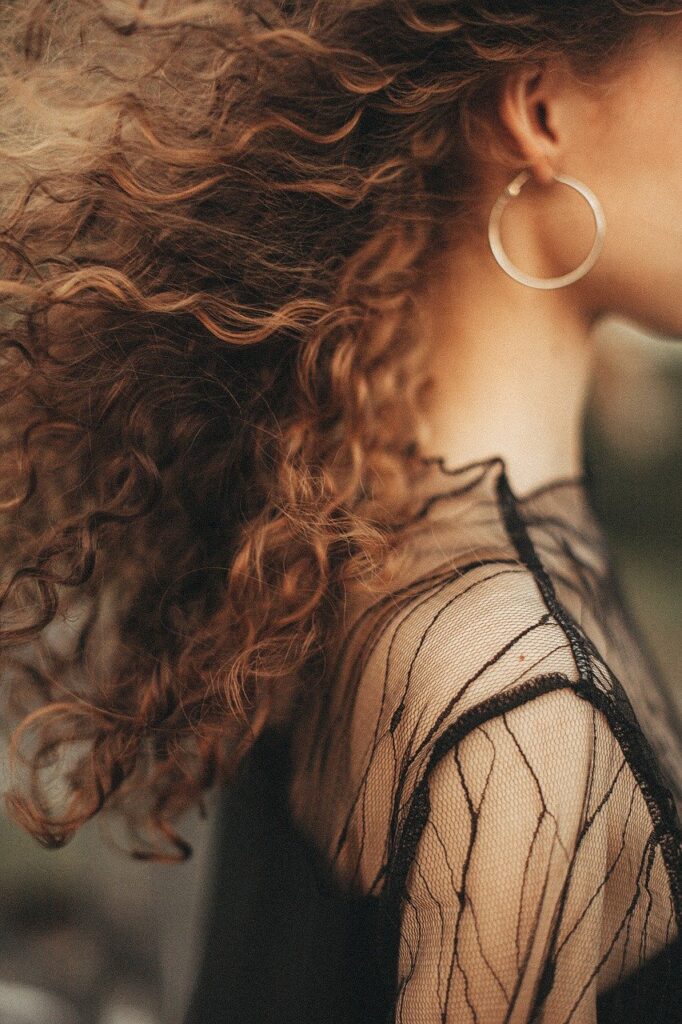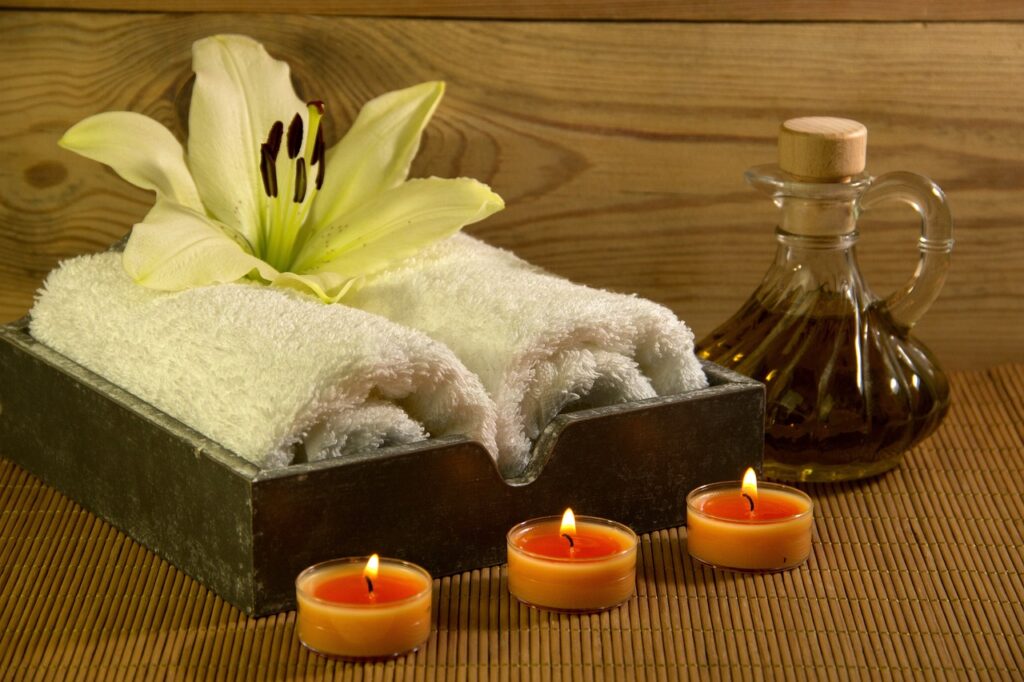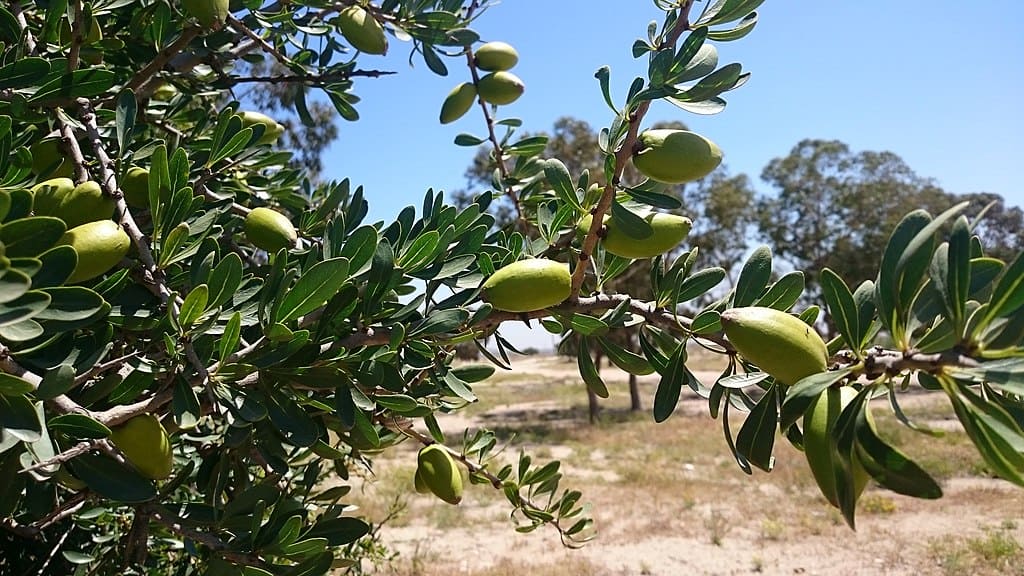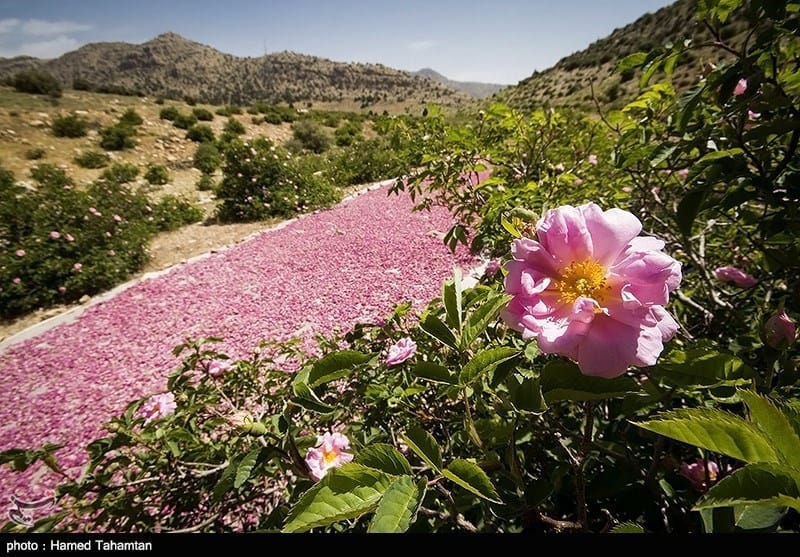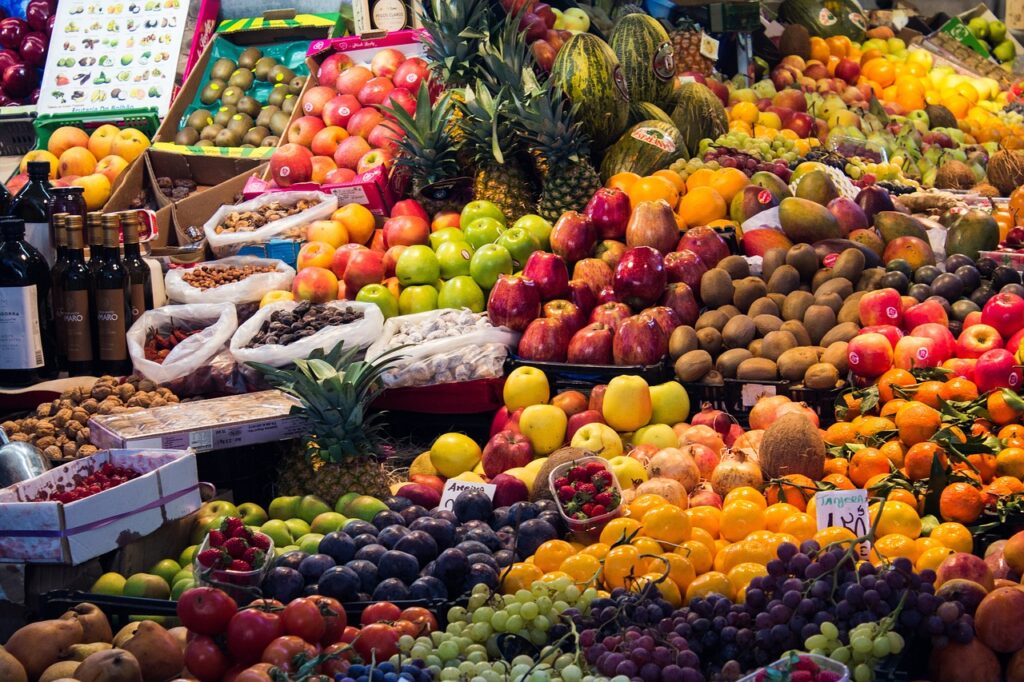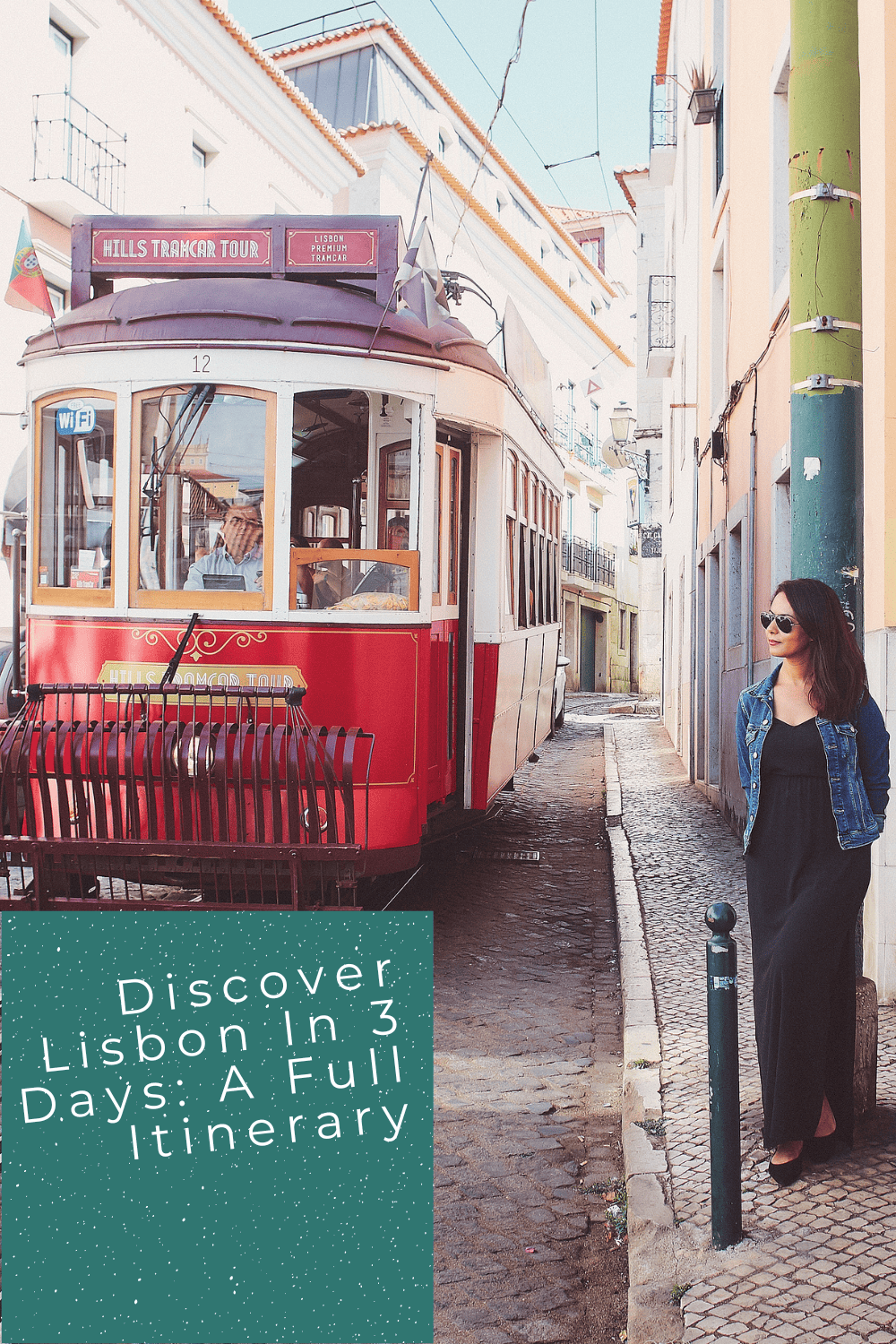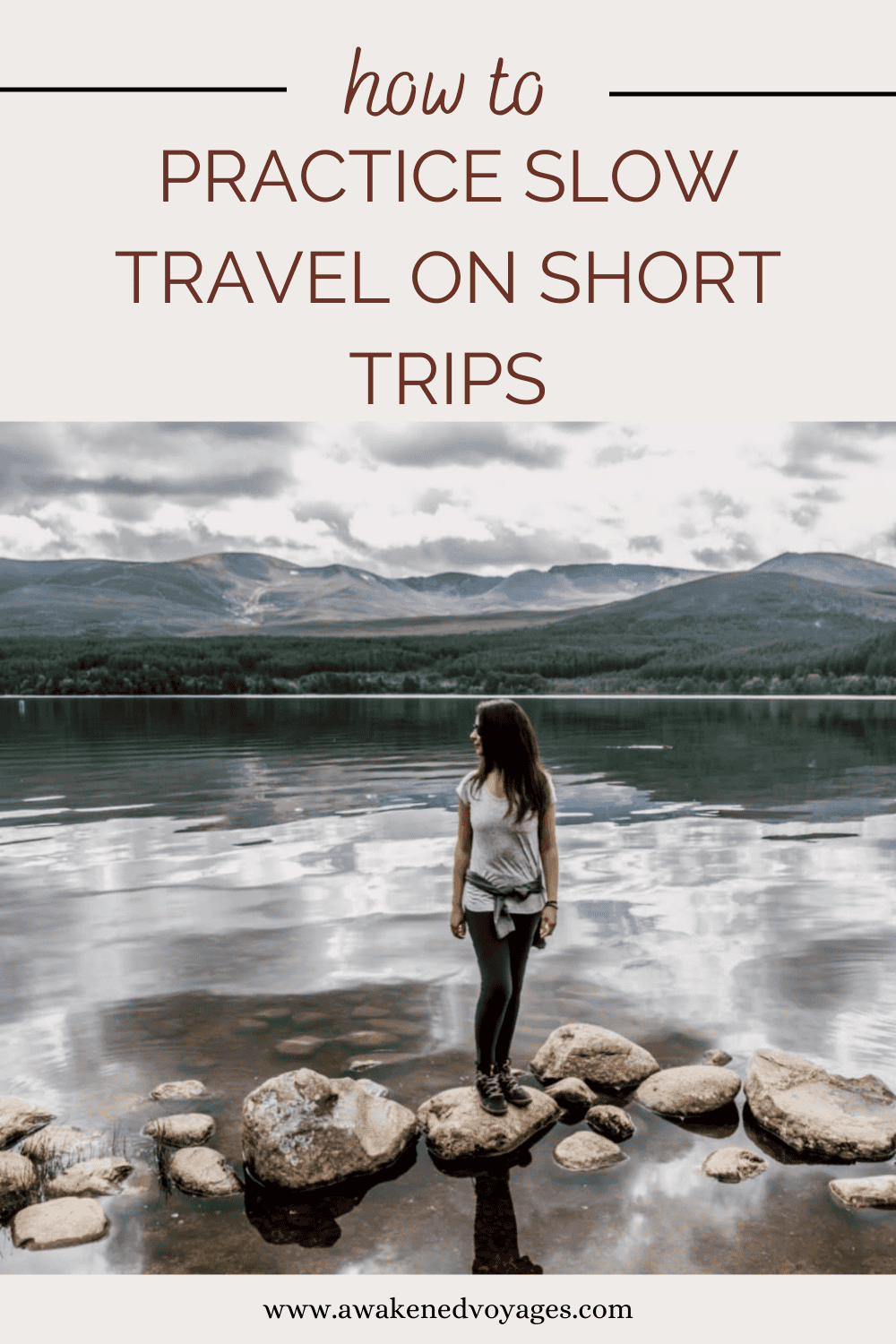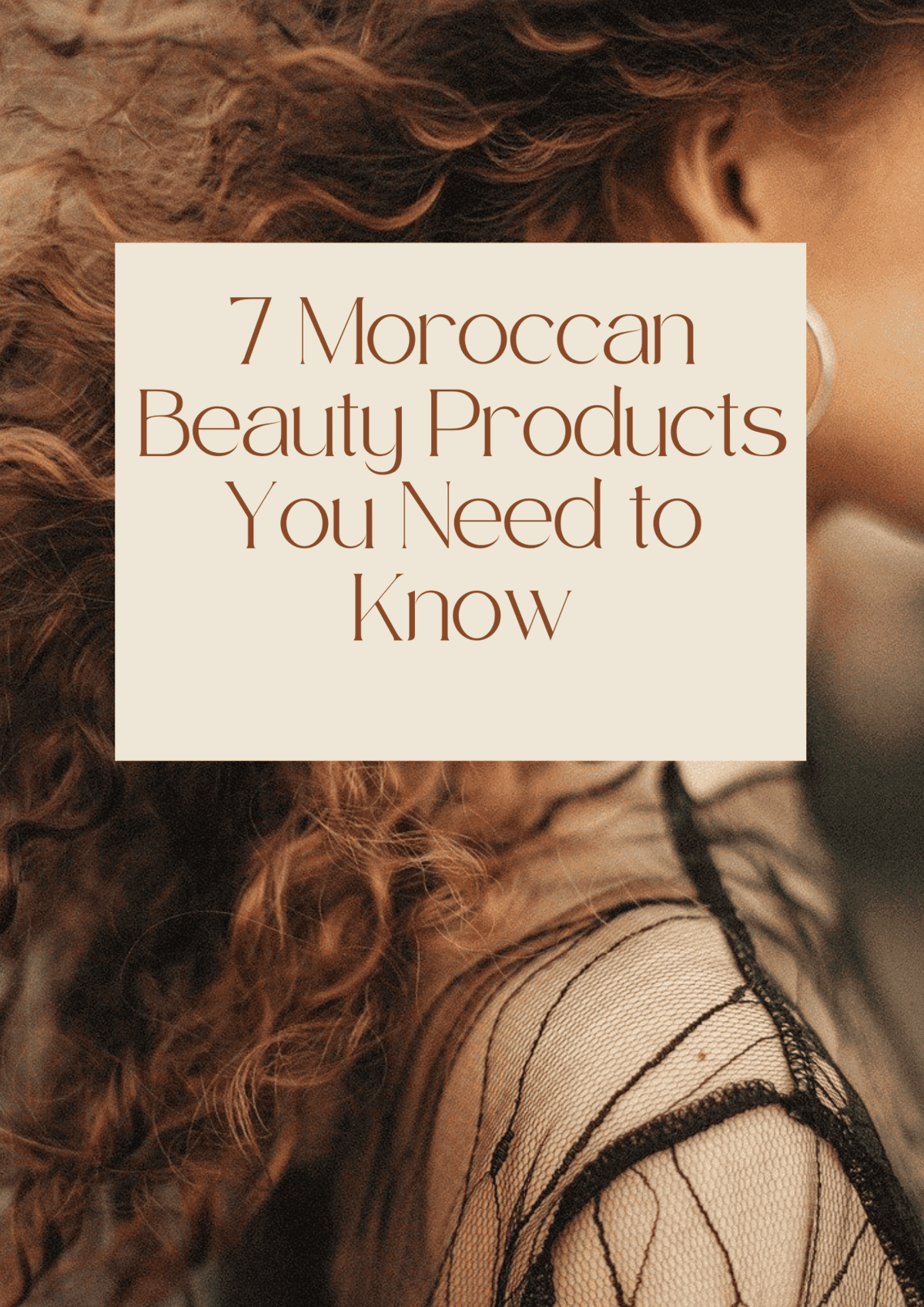
Growing up in Morocco, I’ve seen firsthand the amazing effects of Moroccan beauty products. I was surrounded by the richness of natural remedies, passed down through generations. My mother instilled in me the love of self-care and thought me all sorts of beauty rituals that purify and soften the body and hair which I continue to use to this day. What makes these remedies stand out is their simplicity and reliance on natural ingredients that have been used for centuries. On this blog, I will take you on a journey through the best of Moroccan beauty secrets and show you how you can easily incorporate these time-honoured practices into your own routine to create a perfect sense of holistic wellness.
Why Moroccan Beauty products Stand the Test of Time
Moroccan beauty practices have stood the test of time because they are rooted in nature, simplicity, and tradition. These remedies were passed from generation to generation and have been refined over time, yet they rely on ingredients which are simple and abundant in Morocco’s rich landscape. The ancient Berbers, who inhabited Morocco for thousands of years, laid the groundwork for many of these practices. What really makes these rituals timeless is their ability to deliver visible and satisfactory results on the skin and hair.
Moroccan Beauty Standards
Women in Morocco are known for their glowing skin, voluminous hair, and an overall radiant appearance. Women have throughout the generations worn minimal makeup, preferring instead to focus on nourishing the skin and hair.
Moroccan women honour their bodies with practices that connect them to the earth. These rituals are not just about looking beautiful, they are about feeling restored, balanced, and at peace.
Moroccan beauty is deeply tied to the culture’s respect for nature and tradition. In the past, before people had showers in their homes, women went to the hammam once a week. This was a very anticipated event which required a lot of preparation. The Hammam is a full-body purification ritual that includes exfoliation with black soap, a Rhassoul clay mask, and a full-body massage with Argan oil. This deep cleansing ritual detoxifies the skin, leaving it silky smooth and refreshed.
The hammam was also a social hub where women gathered to connect with friends and neighbours. While applying natural masks to their hair and bodies, they used the time to catch up on news and share gossip.
Moroccan beauty is built on the foundation of pure, natural ingredients. Synthetic products are rarely used, as the focus remains on what the earth provides. Whether it’s rich oils or nutrient-packed clays, each ingredient is selected for its natural healing and beautifying properties
How Traditional Moroccan Beauty Standards Have Evolved
Over time, Moroccan beauty standards have evolved, incorporating more modern elements while still holding onto tradition.
Today, Moroccan women embrace a fusion of old and new, where natural beauty products meet modern skincare advancements.
While hammams still exist, many women now opt for the convenience of home baths, as busy schedules leave little time for the traditional communal ritual.
Younger generations are well versed in global beauty trends, but they still rely on time-tested Moroccan staples.
How to Incorporate These practices into Your Routine Today
Incorporating Moroccan beauty routines into your routine can be a very simple process. Many of these ingredients are widely available in health and beauty stores and can be added to your already existing skin and hair regime. I personally like to apply skin and hair masks once a week. Hair oiling is very beneficial and relaxing practice and I like to spend some time massaging my scalp with oil then I leave it on for several hours before I shampoo my hair.
7 Moroccan Beauty products you need to know
Moroccan Argan Oil
Argan oil, often referred to as “liquid gold,” is a staple in Moroccan skincare. Rich in Vitamin E and essential fatty acids, it deeply moisturises and revitalises the skin. Used as a face oil, it protects against aging, reduces inflammation, and provides a healthy glow.
Argan oil is famous for its cosmetics attributes but less known for its nutritional value. I personally love eating Argan oil, either by dipping fresh bread in it or adding it to salads. Its distinct, nutty flavour from the roasted Argan nuts is delicious. Argan oil is rich in essential fatty acids, antioxidants, and Vitamin E, and is beneficial for heart health, reducing inflammation and improving cholesterol levels.
It’s important to note that the Argan oil for consumption is different from the one used in cosmetics as the latter is not processed for consumption. I personally only buy culinary Argan oil in Morocco from certified sellers as it’s very hard to come across genuine products online.
Rhassoul clay
Rhassoul, also known as Ghassoul, is a natural mineral clay that is rich in minerals such as silica, magnesium, potassium, and calcium. It’s extracted from natural clay deposits in the Atlas Mountains. Once extracted, the clay is dried naturally in the sun to preserve its mineral content and ensures its purity.
After drying, it’s broken into squares or chunks. When mixed with host water it turns into a smooth paste which can be applied to the hair and body. It has a strong earthy smell but you can also add rose water or herbal infusions for a more pleasant smell.
Rhassoul clay helps exfoliate dead skin cells, tighten pores, and improve skin brightness.
When used on hair, it gently cleanses without stripping natural oils. It’s also great for volumizing hair and preventing hair fall. Some people use it instead of shampoo but I personally use it as a conditioner after shampooing my hair. I leave it on my hair for 15 minutes, it dries quickly and your hair will feel like straw but once you rinse it you’ll be left with clean, smooth and frizz-free locks
Rose Water
Rose water for cosmetics is made through a traditional process of steam distillation using Damask roses, primarily grown in the Dades Valley near Kelaat M’Gouna. The roses are handpicked early in the morning when their essential oils are most concentrated. They are then put through a process of steaming to capture their essence. As the steam condenses back into liquid, it separates into two products: essential rose oil and rose water. The rose water is collected, filtered, and bottled, preserving its gentle fragrance and beneficial properties. Rose water is used a toner for soothing and hydrating and has anti-inflammatory effects, making it a key element in Moroccan beauty routines.
Black Soap
Moroccan black soap, known as “Savon Beldi,” is a traditional, plant-based soap widely used by Moroccan women for exfoliation and is their secret to their soft glowing skin. Black soap is made from a mixture of crushed olives and olive oil, it has a thick, buttery texture and a dark brown reddish colour. Rich in Vitamin E, black soap has deeply cleansing, moisturising attributes when applied to the skin, it makes the exfoliation process effective especially when using a glove to remove dead skin cells. The skin is left feeling extra soft, glowing and radiant.
Henna for Hair
Henna is a natural plant-based dye commonly used for hair coloration and conditioning. I personally don’t like Henna and find the smell offensive so don’t use it, but it is widely used on Morocco and beyond giving rich red hues, henna strengthens the hair and reduces breakage and split ends.
Nila powder
Nila powder is a traditional beauty product used in Moroccan and North Africa. Derived from the Indigofera tinctoria plant, it is known for its striking blue colour and is often referred to as “blue indigo powder.” Nila is is known for its brightening abilities. I like to use it after sun exposure to get rid of sun blemishes and hyperpigmentation.
The best way to use Nila powder is by mixing it with natural ingredients such as Greek yogurt to make a paste. Leave it on until it’s completely dry and wash with warm water. It’s great for use on the face, elbows and knees.
Aker Fassi
Aker Fassi is a popular beauty secret in Moroccan culture, passed down through generations. It’s made from dried poppy flowers and pomegranate rind. In the past, it was mostly used as a natural lipstick and blush due to its ability to stain the lips and cheeks with a deep red hue. It can also be mixed with water or rose water to create face masks and treatments that brighten the complexion and provide anti-aging benefits.
Aside from its cosmetic uses, Aker Fassi is also known for its skin benefits. It’s rich in vitamin E and fatty acids, which can help moisturise and nourish the skin and many women use it to condition their hair and add shine.
Moroccan Beauty Ingredients You Can Find in Your Kitchen
Rosemary and Thyme
Herbal hair rinses, particularly with rosemary and thyme, are a Moroccan secret for scalp health. These herbs soothe irritation, stimulate circulation, and promote healthy hair growth.
Olive Oil
Olive oil is a staple in Moroccan kitchens and is also commonly used to moisturise both skin and hair. It has high levels of antioxidants and healthy fats which make it a perfect hydrating treatment.
Honey and Almonds: Exfoliating and Hydrating Skincare Duo
Honey and almonds are commonly used to make homemade scrubs in Morocco. When combined, they help to exfoliate dead skin cells and keep the skin moisturised.
How Moroccan Diet and Lifestyle Influence Beauty
Moroccan women eat a mediterranean diet rich in fresh fruits, vegetables, and olive oil. These foods are packed with antioxidants that help fight aging and inflammation and maintain glowing skin.
Where to Buy Moroccan Beauty Products
Trusted Sources for Authentic Moroccan Argan Oil
Argan oil is one of the rarest oils in the world and is only supplied in small quantities due to limited growing area. Authentic Argan oil is hard to find outside Morocco and is expensive so always check the source before you buy and if you come across very cheap Argan oil that’s supplied in large quantities it’s likely not authentic. I always buy Argan oil in Morocco, directly from the cooperatives where it’s made by hand or from certified shops in Essaouira and Marrakech.
But there are some trusted websites where you can shop online for Argan oil such as Kahina Shop.
Glow From The East is a UK based website that sells a Moroccan range of beauty products which are sourced directly from Morocco.
Arganier Noir is a woman-owned Moroccan company that offers premium natural products from Morocco. Their website offers a lot of information and advice on how to use the products described above.


